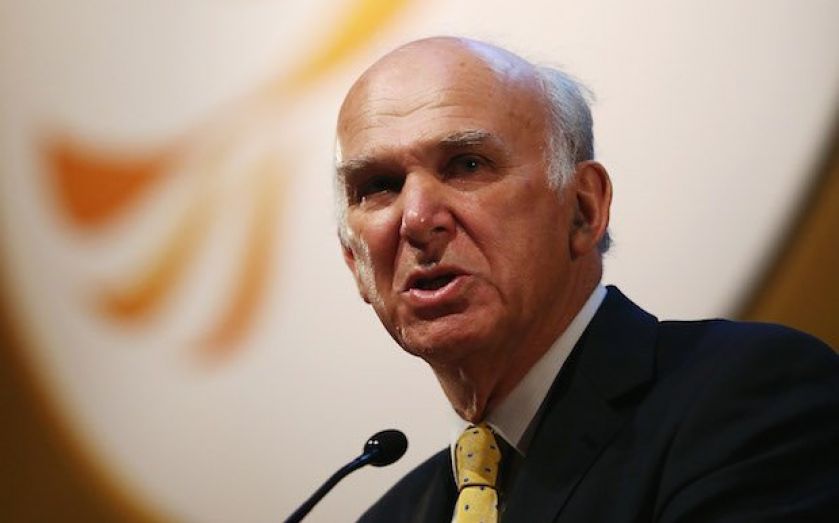Minimum wage to rise to £6.50

The minimum wage will be going up to £6.50, business secretary Vince Cable’s confirmed.
It's currently £6.31 for those 21 and over. The 19p hike will come into effect from October, and marks the beginning of a series of real-term increases, designed to “restore and then surpass” the wage’s pre-crisis value.
At three per cent, it’s ahead of the pace of inflation.
A confirmation was expected with the chancellor's budget statement next week. George Osborne has repeatedly called for a rise to £7.
The planned hike, recommended by the Low Pay Commission, has been backed by David Cameron.
The rate for 18 to 20 year olds will rise 10p to £5.13 an hour – a two per cent increase. For 16 to 17 year olds, the statutory rate will go up by 7p to £3.79 – which is also two per cent.
While advocates of minimum wage increases often stress that higher price floors for labour haven't seen proportionate job losses, focus should probably be on job growth or, better still, growth in labour hours.
One study published last December, "Effects of the Minimum Wage on Employment Dynamics" finds that the minimum wage reduces net job growth, "primarily through its effect on job creation by expanding establishments."
"These effects are most pronounced for younger workers and in industries with a higher proportion of low-wage workers", say the paper's authors.